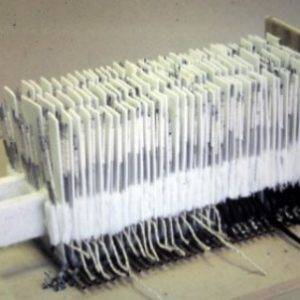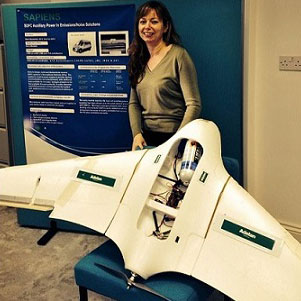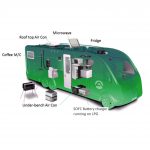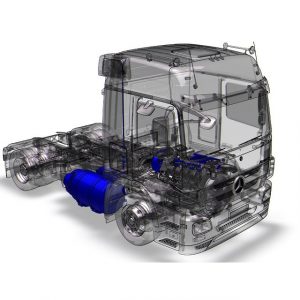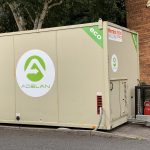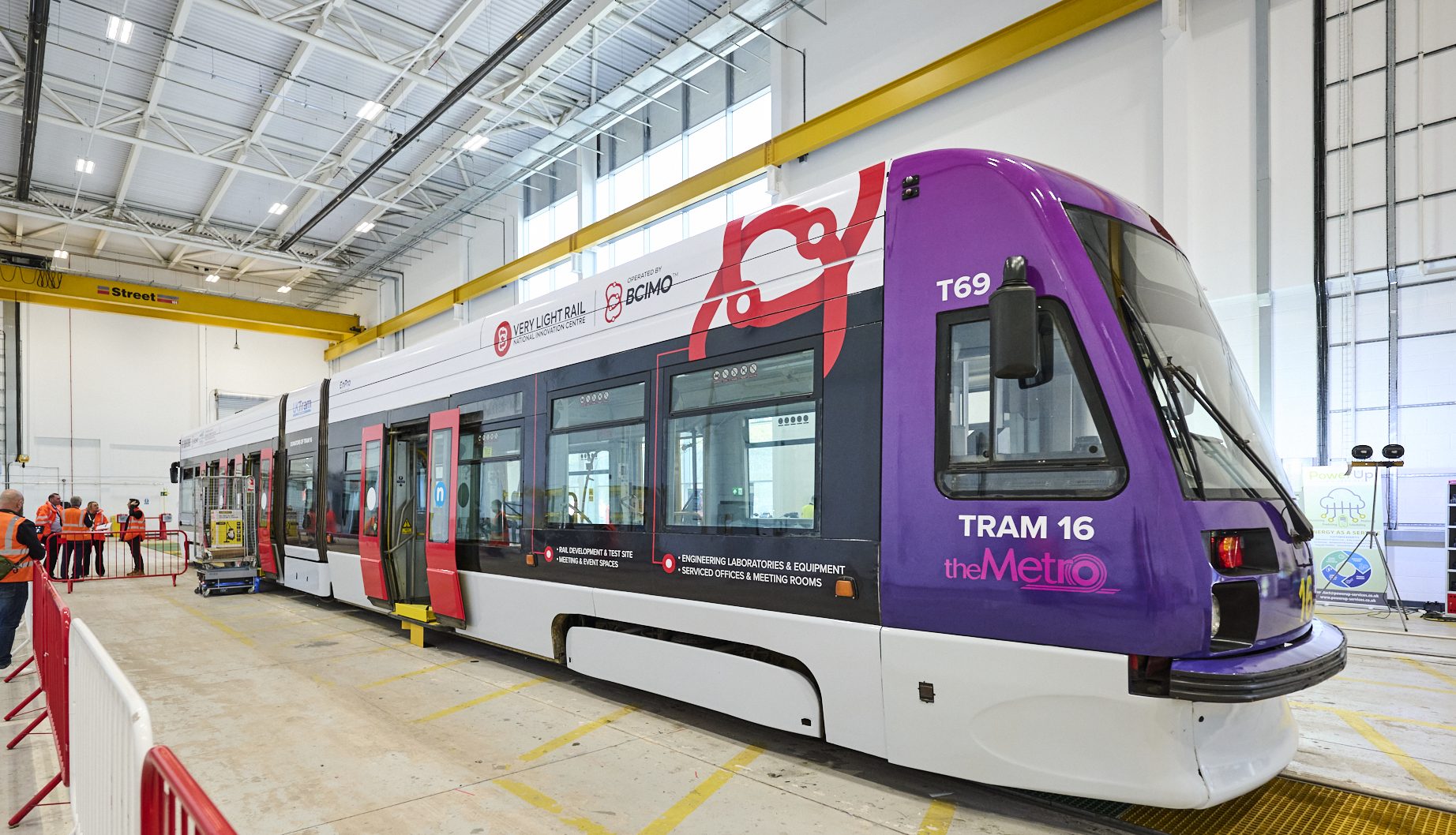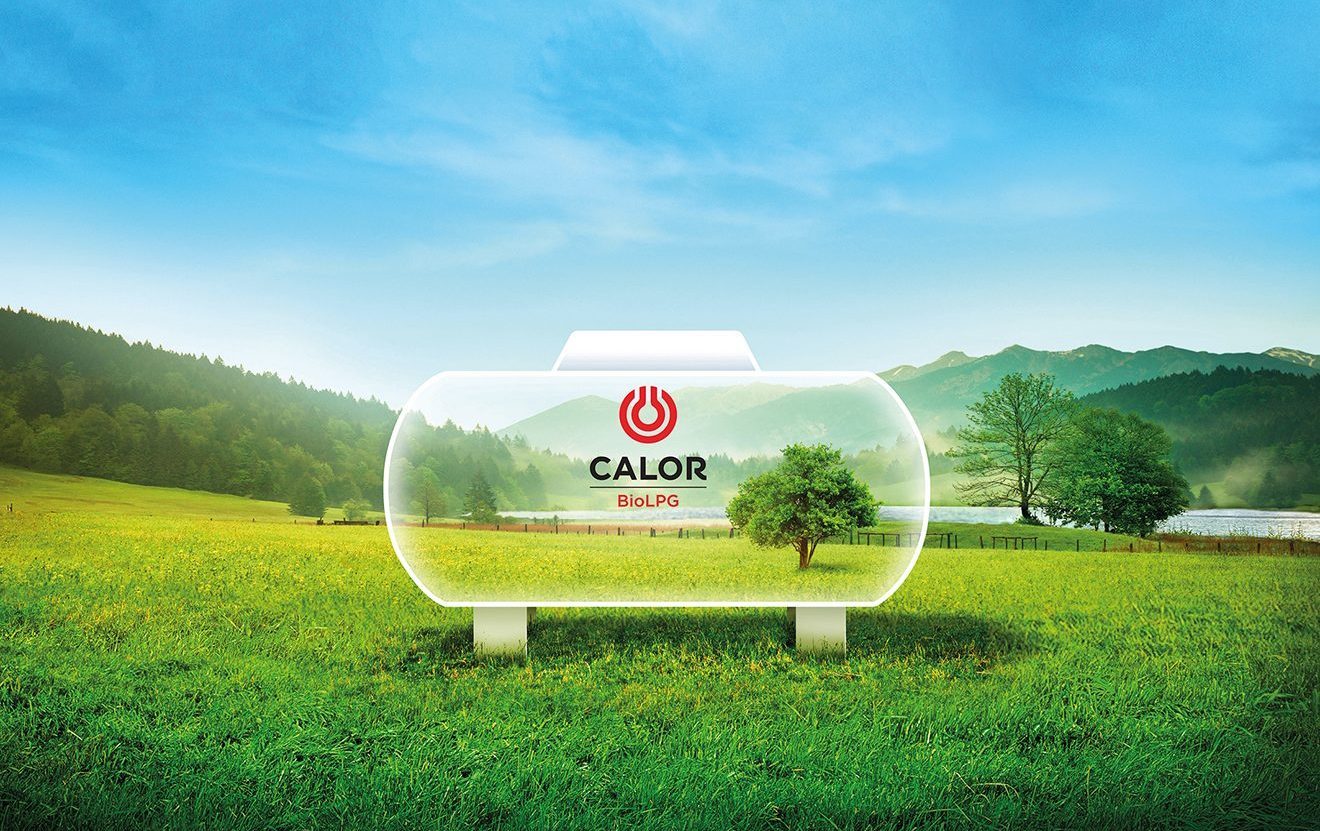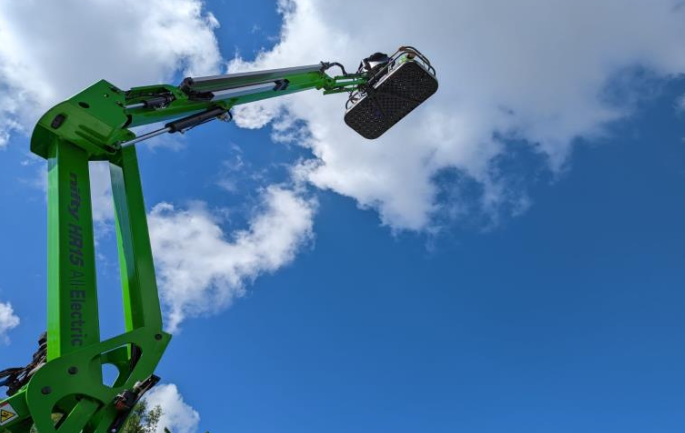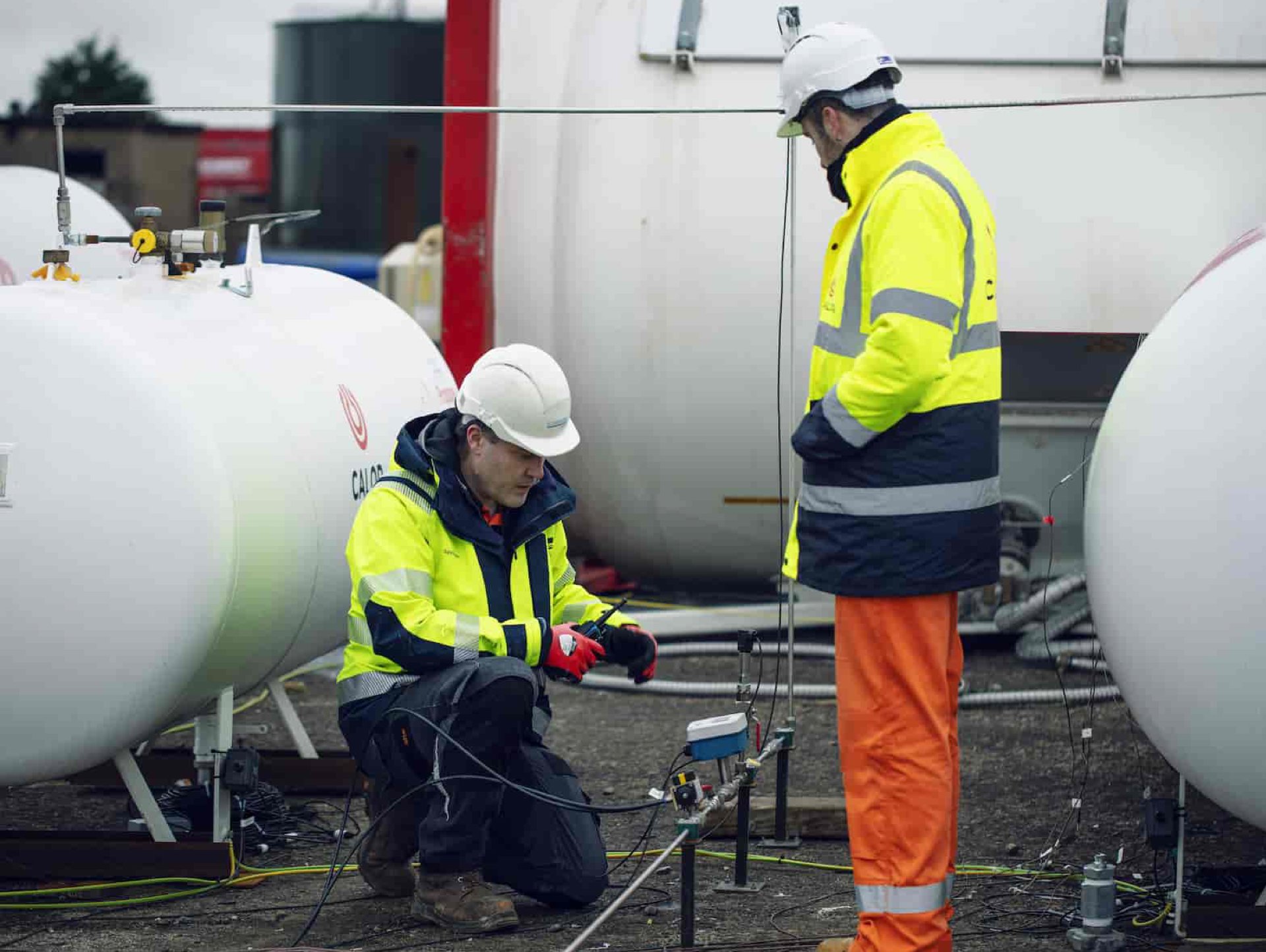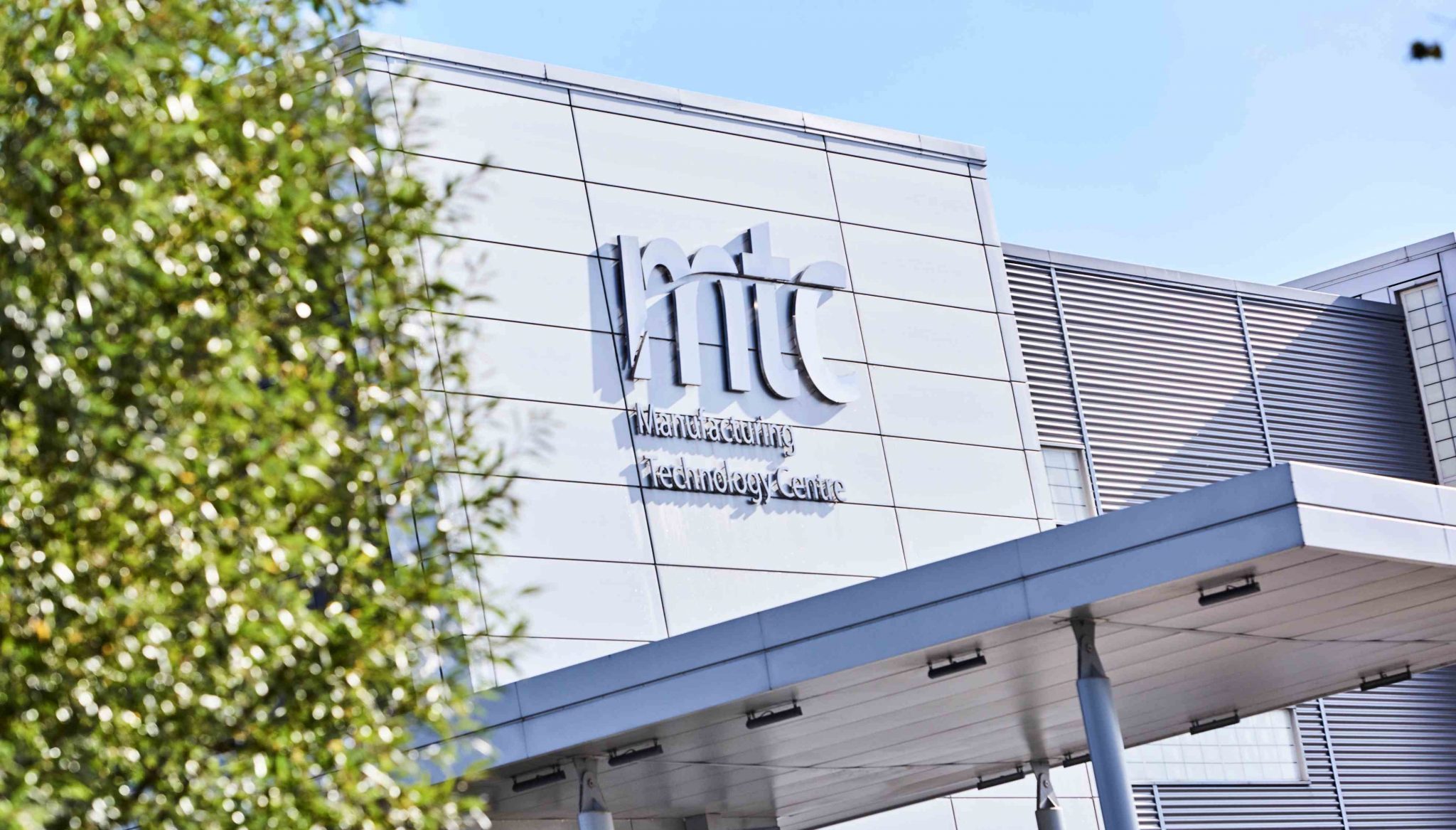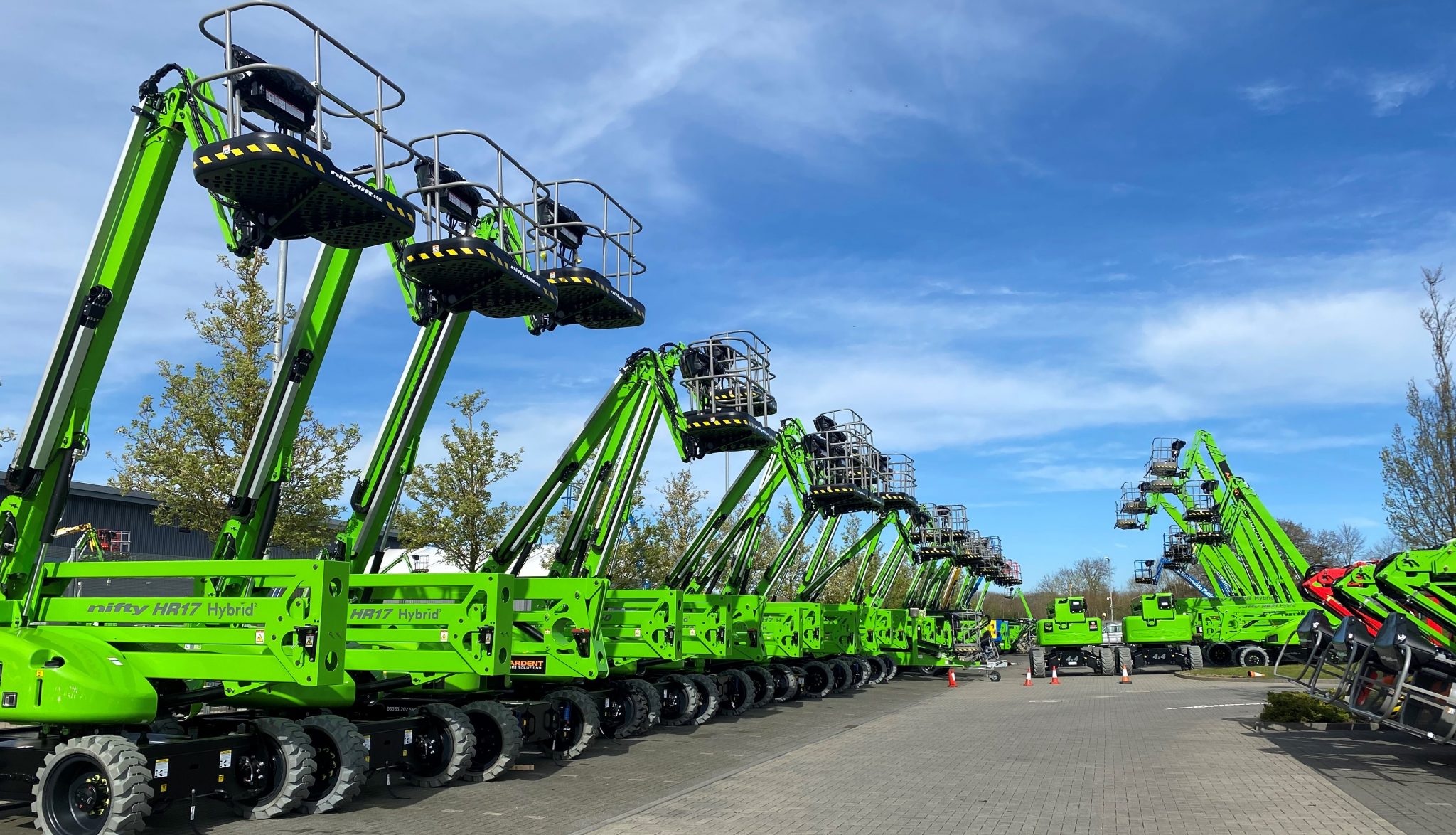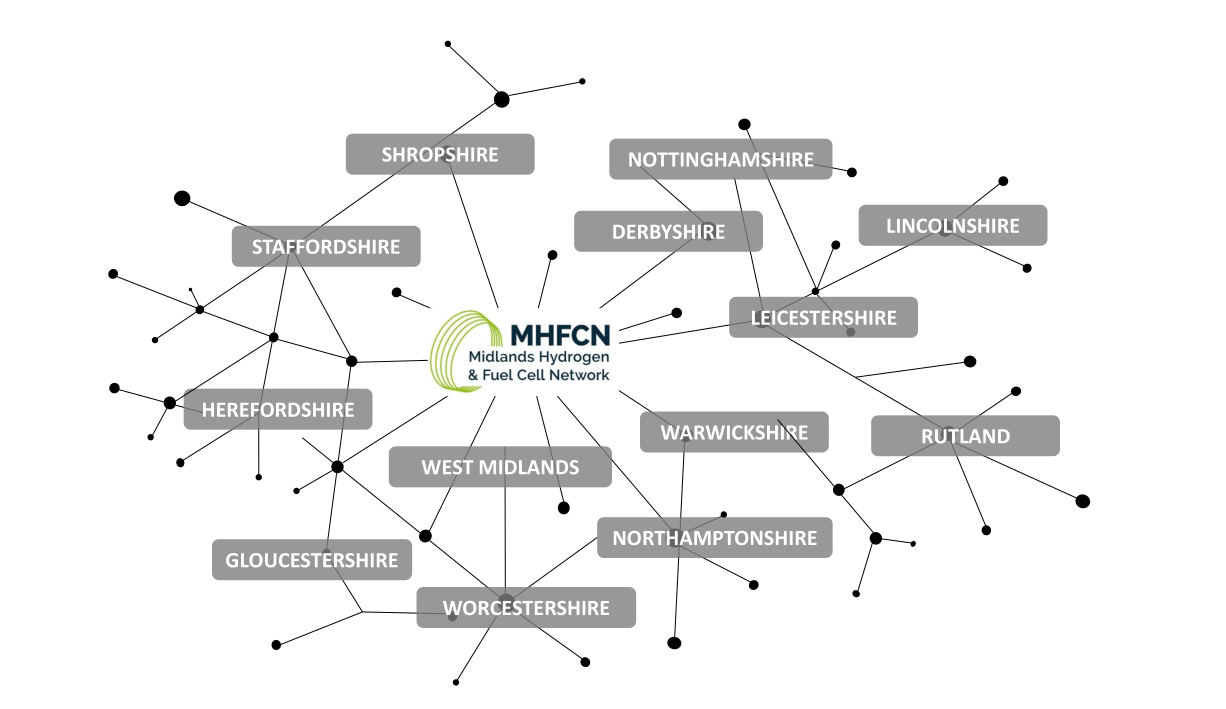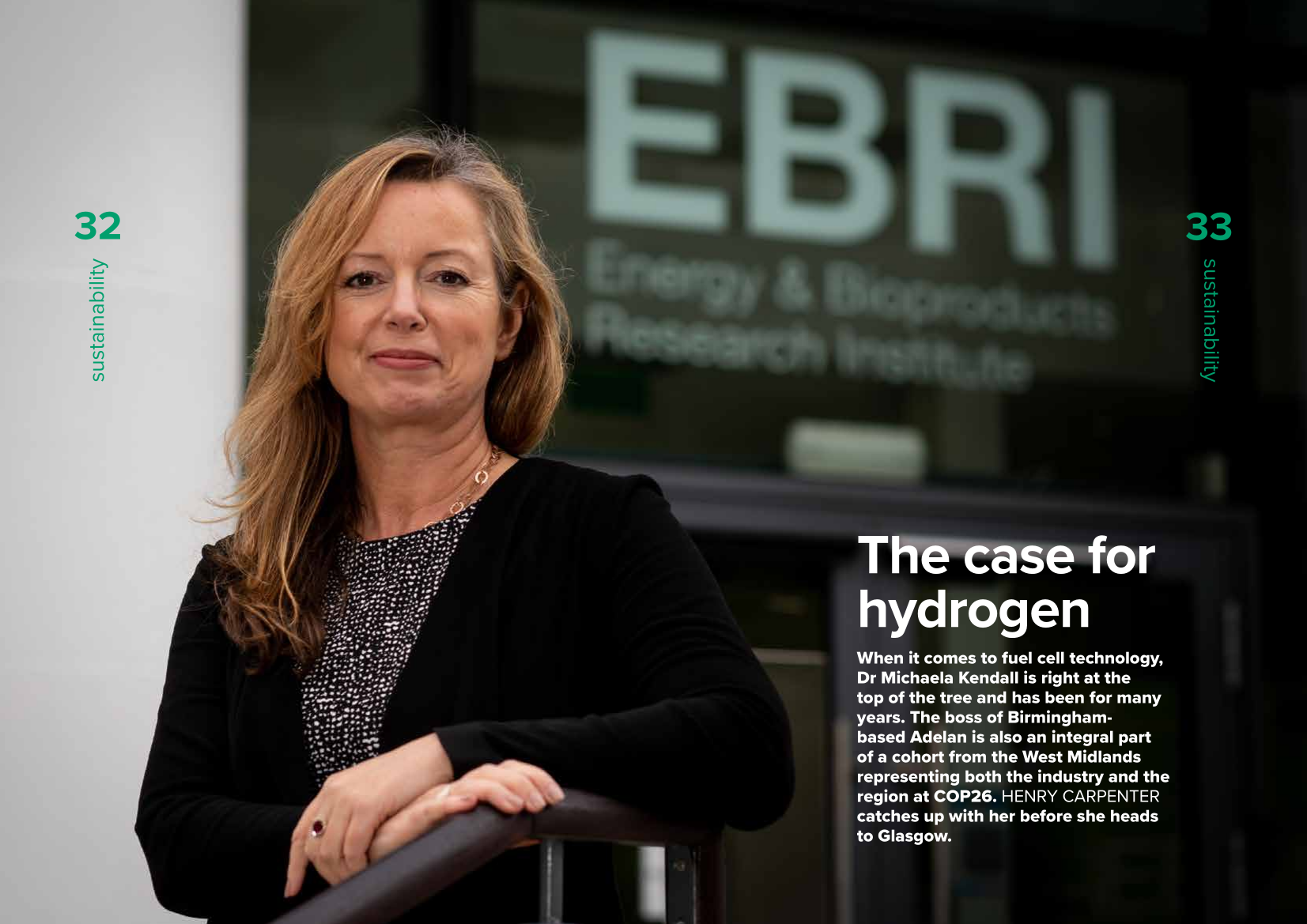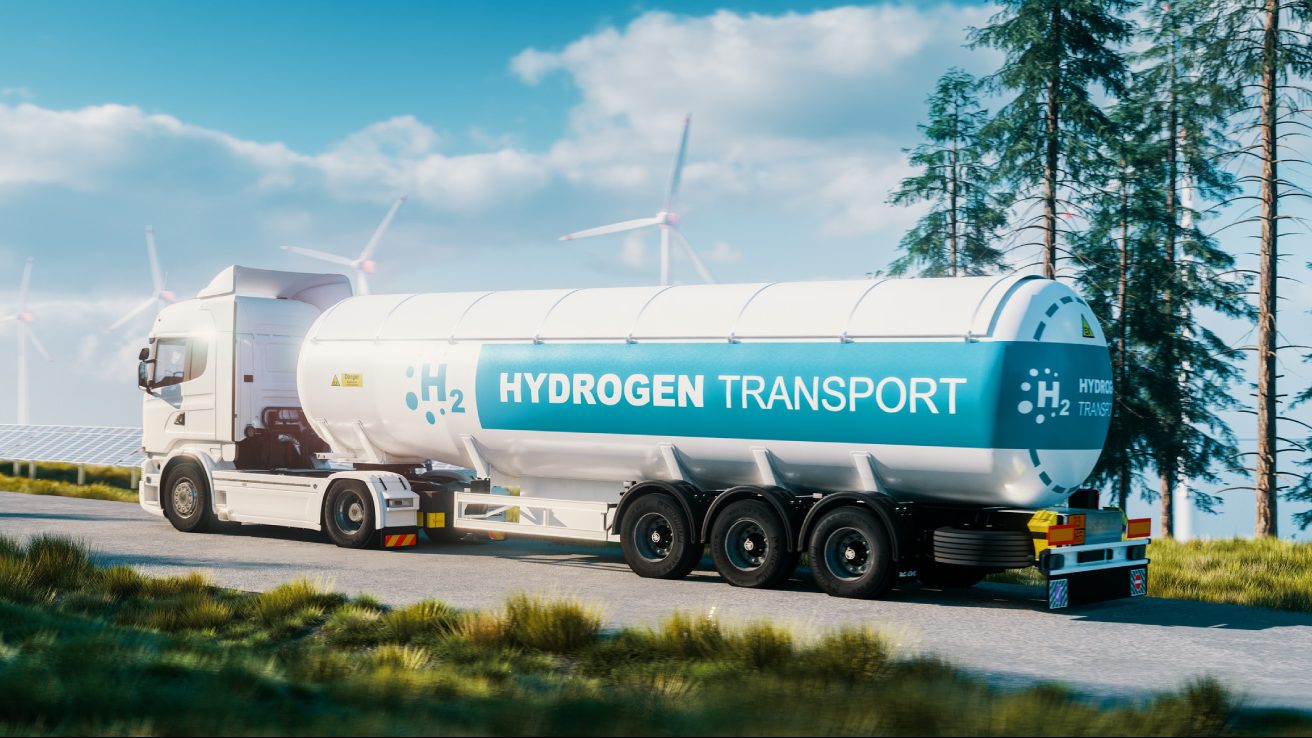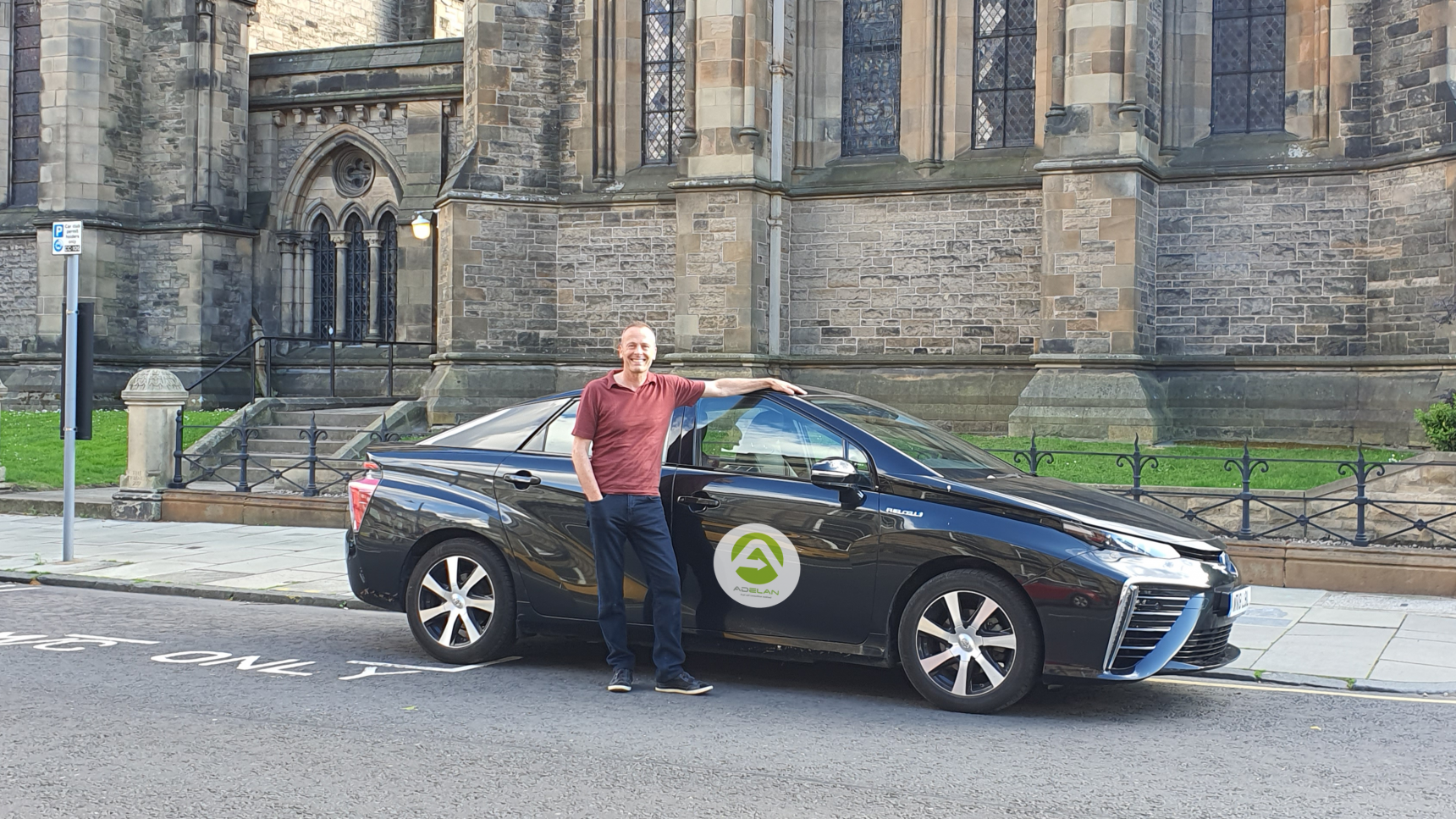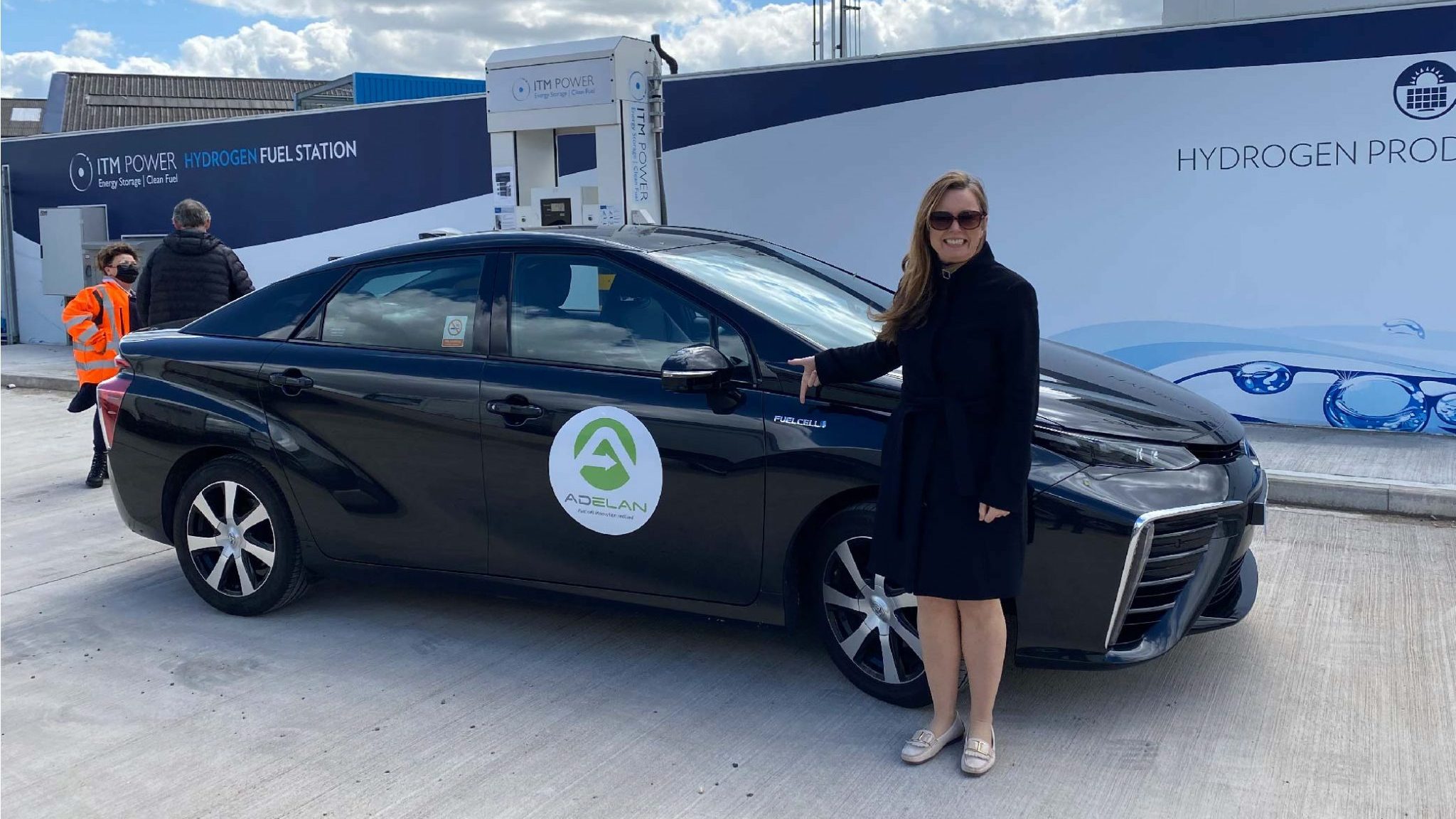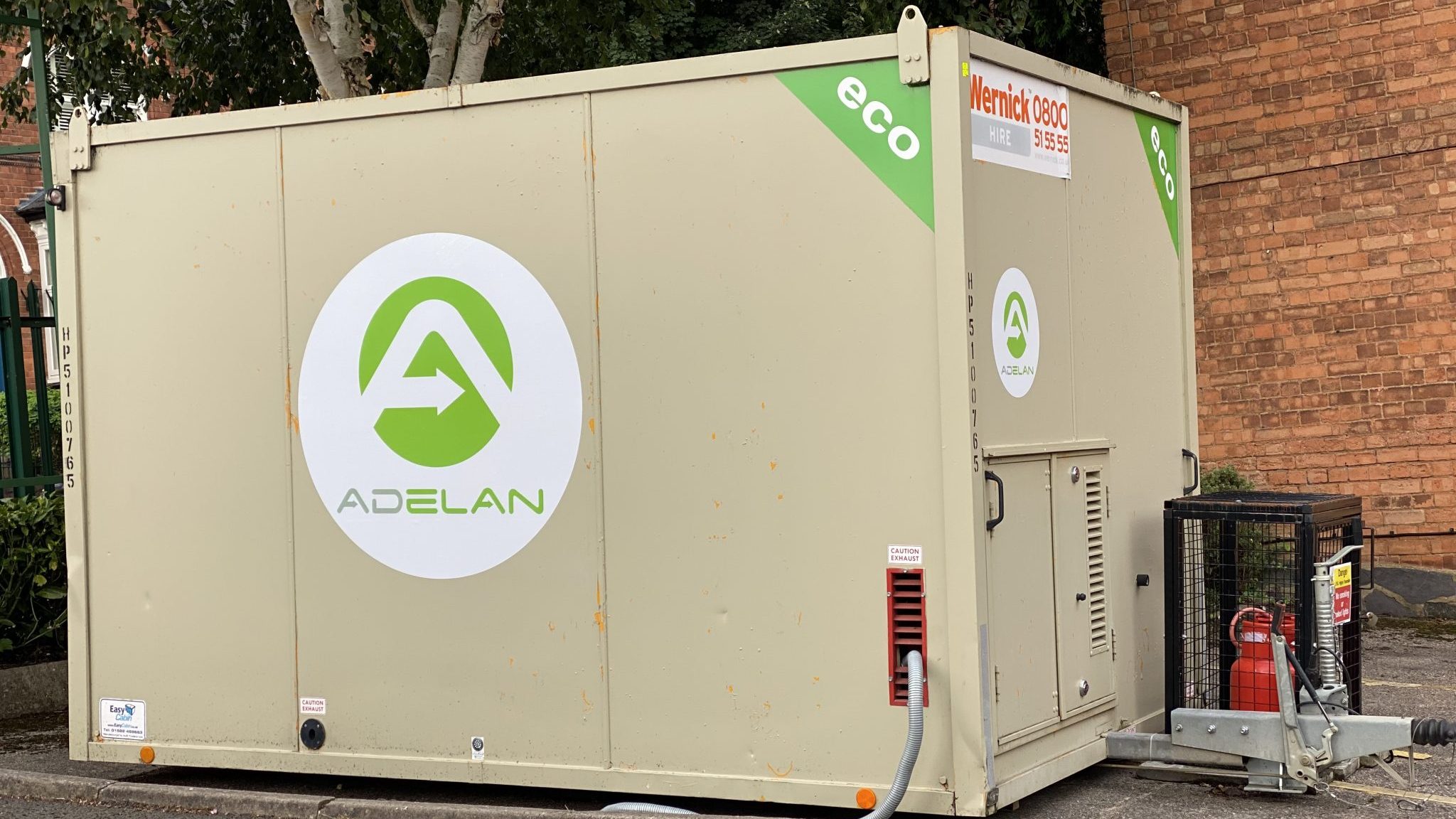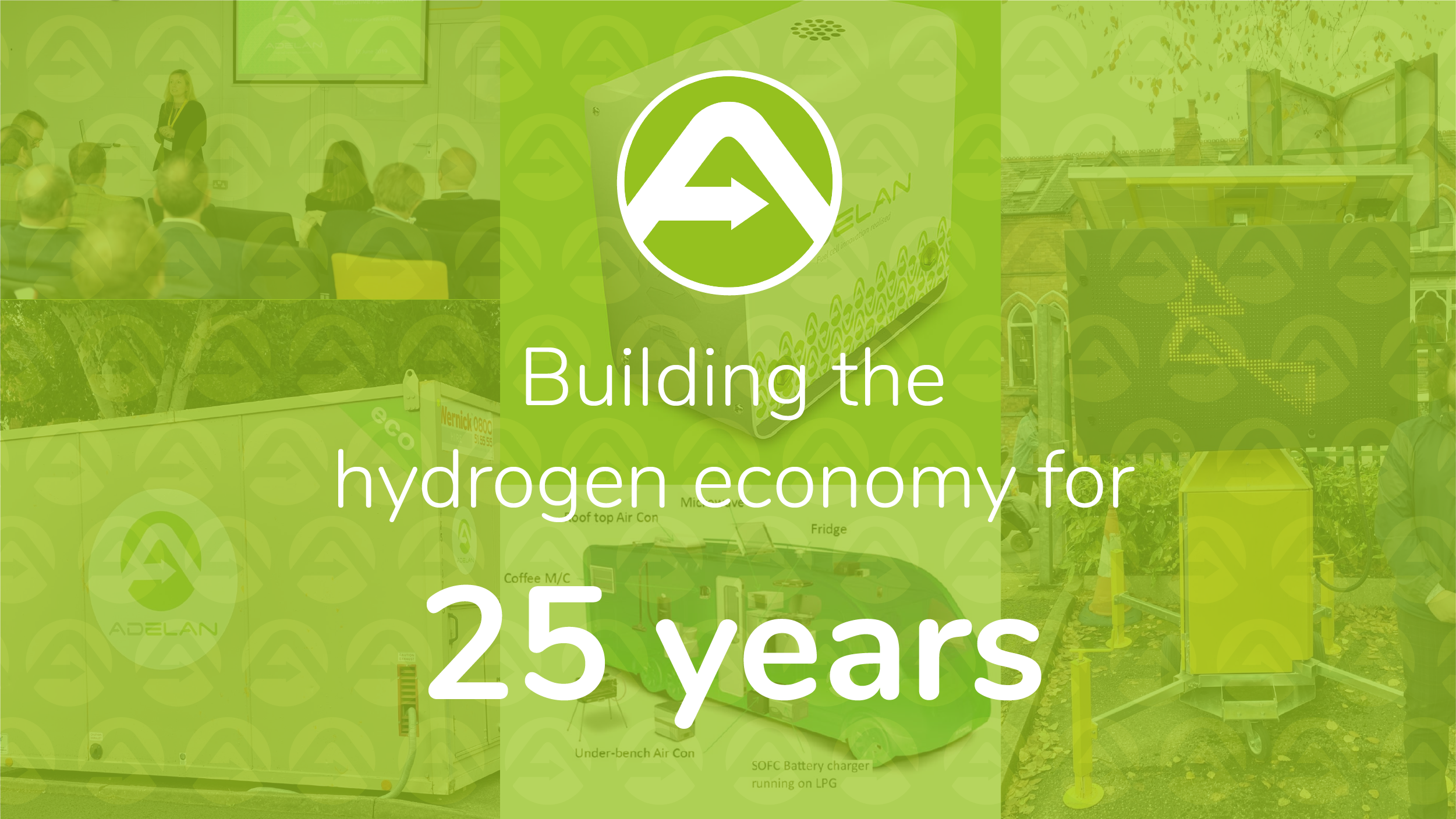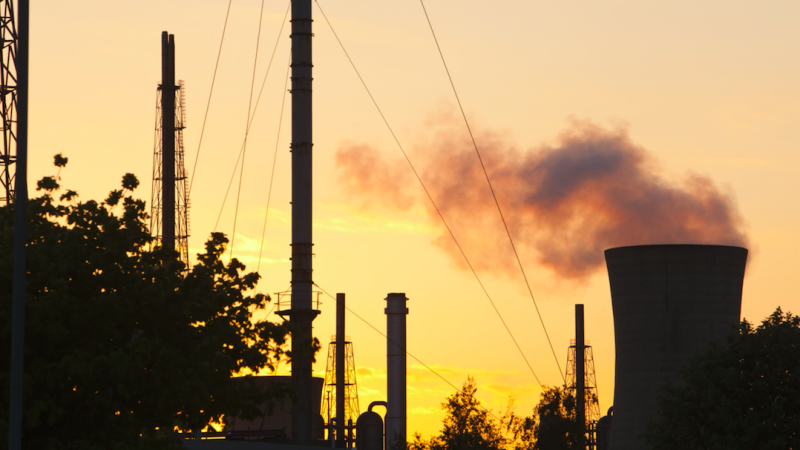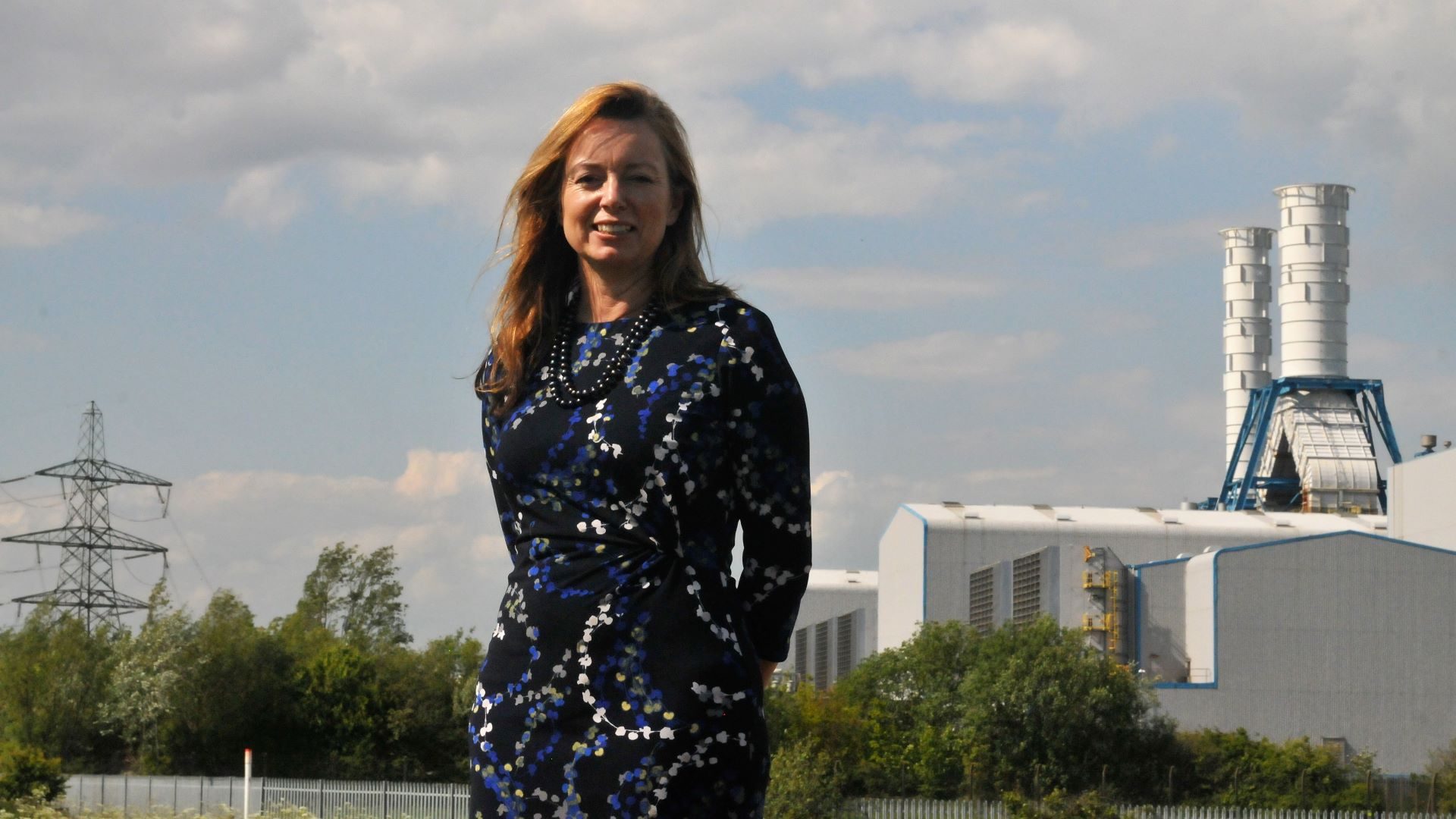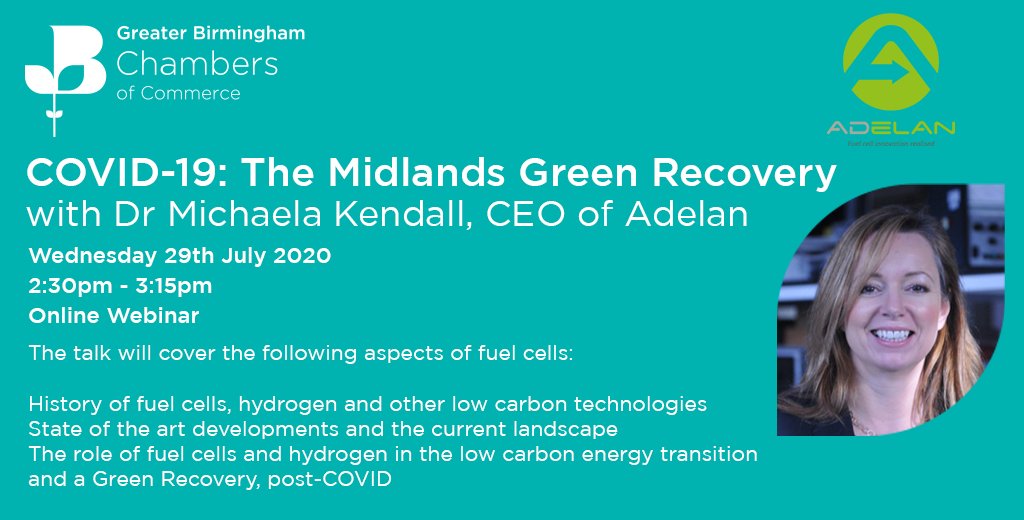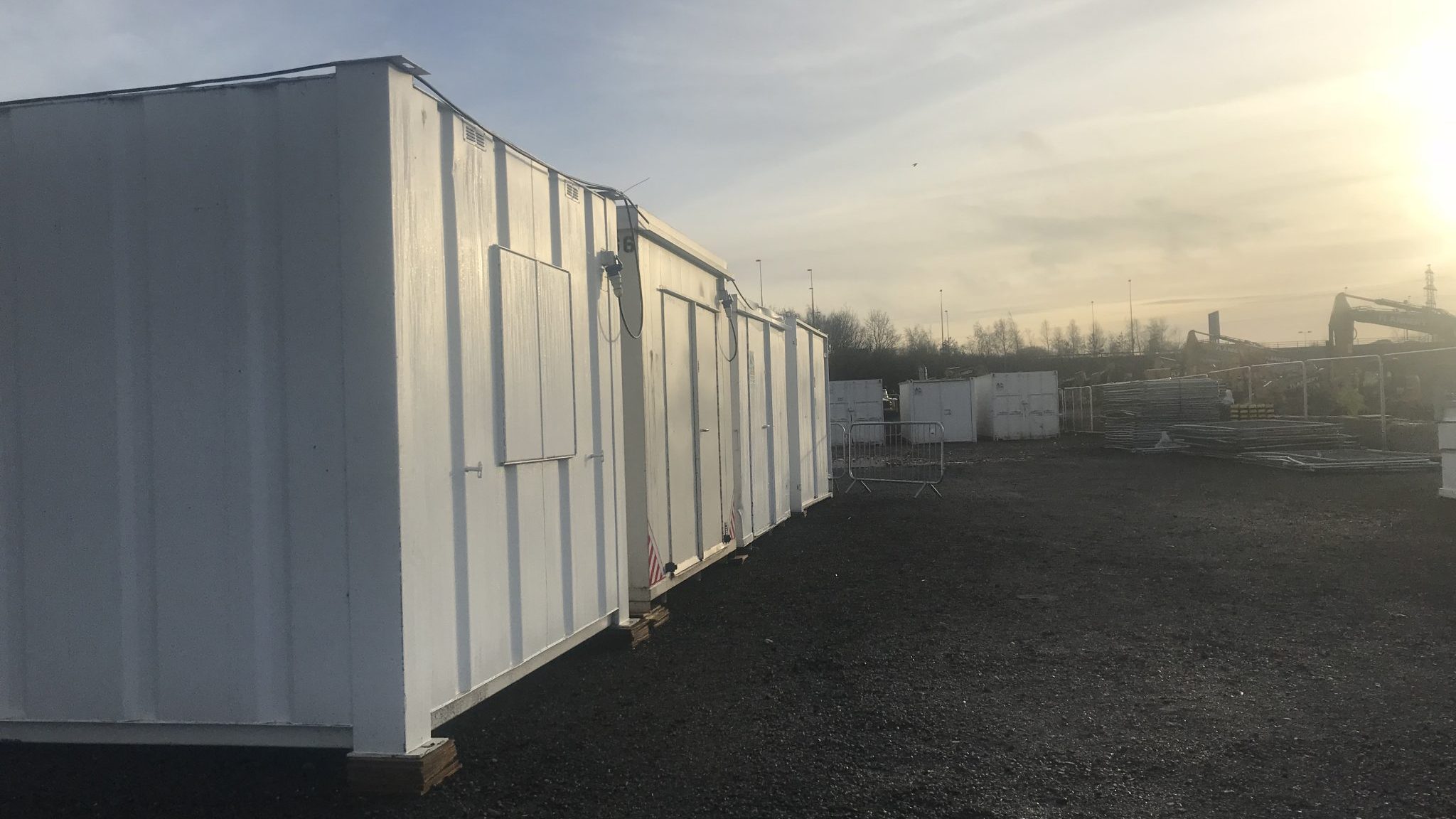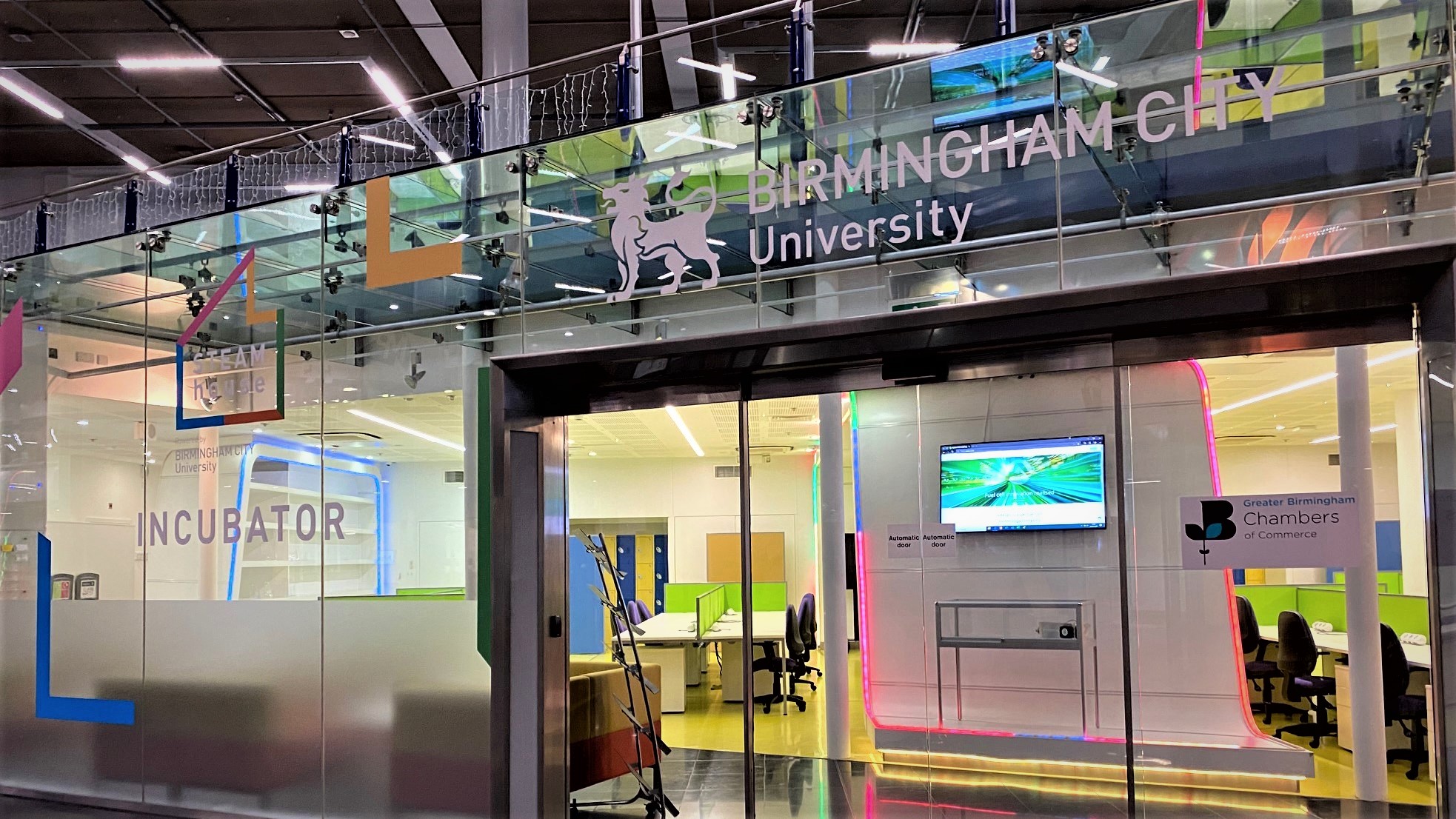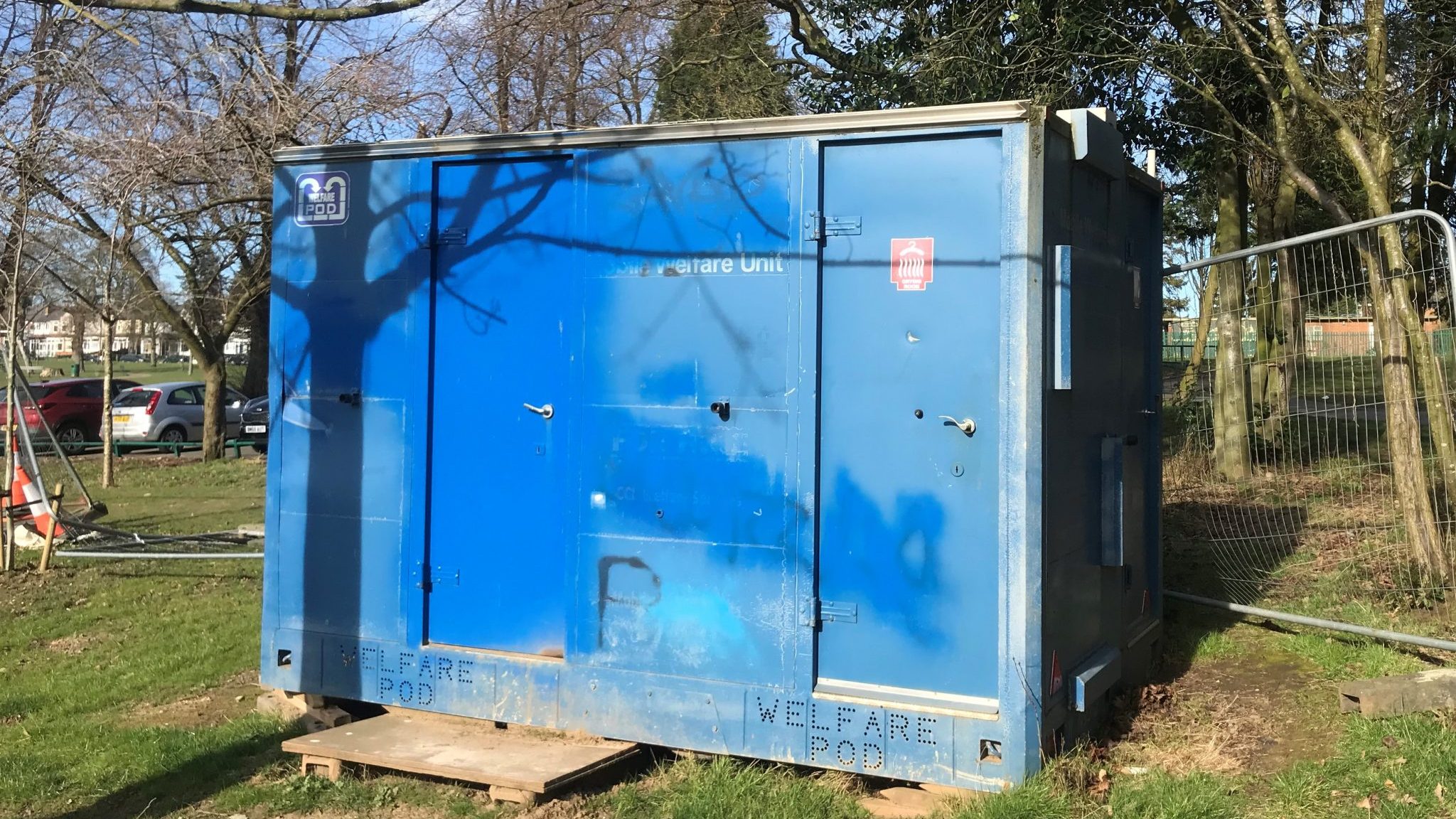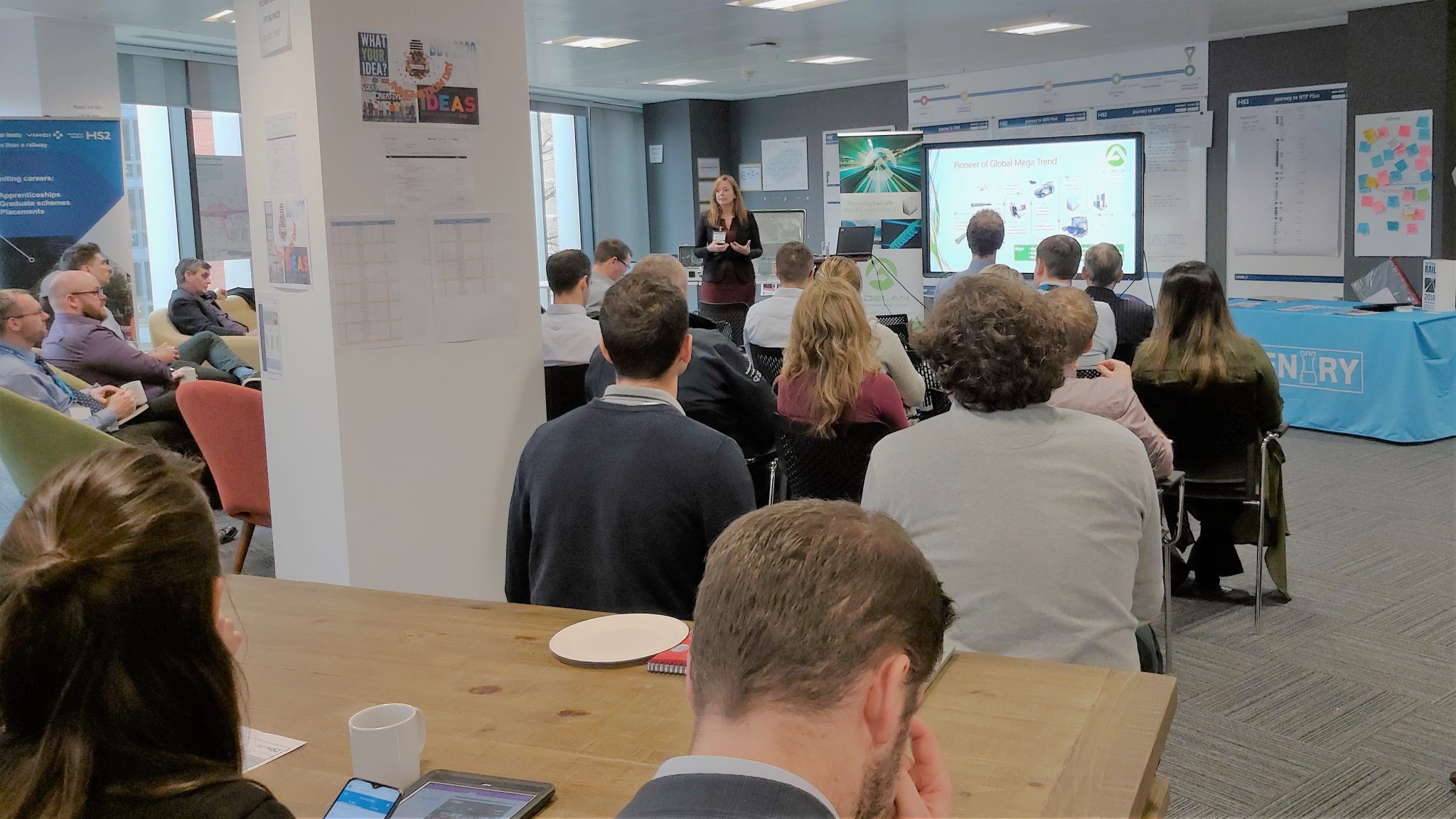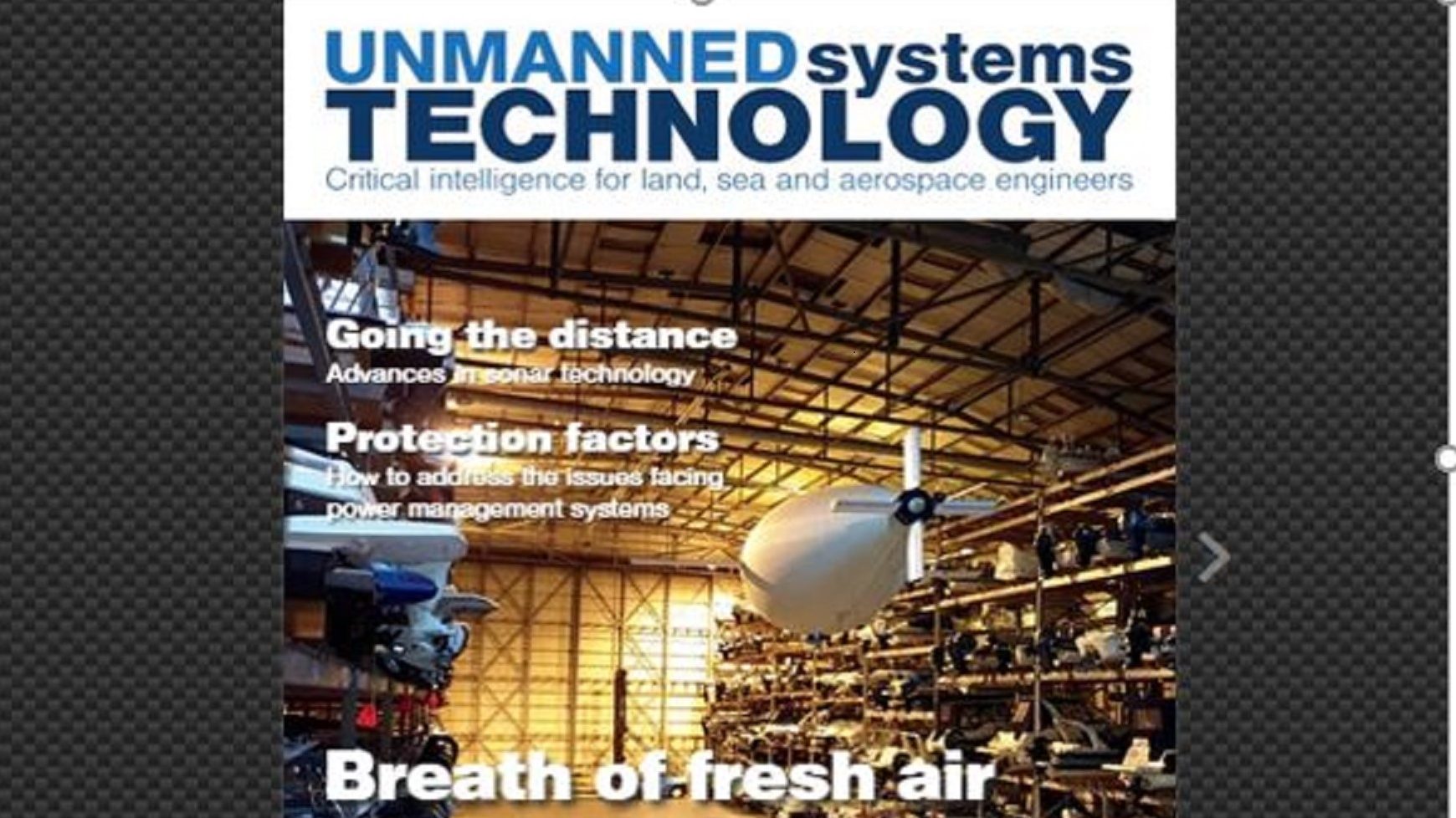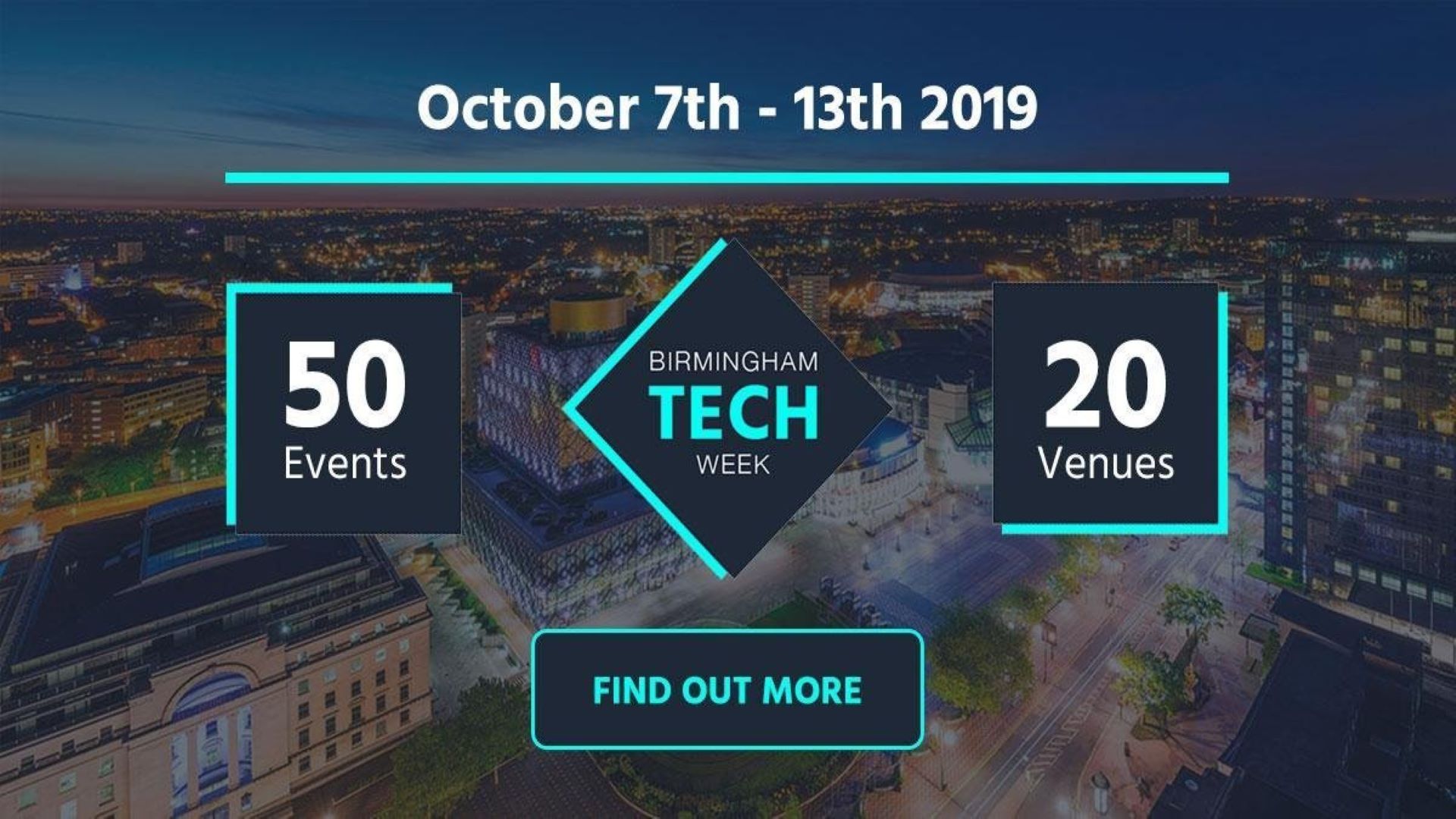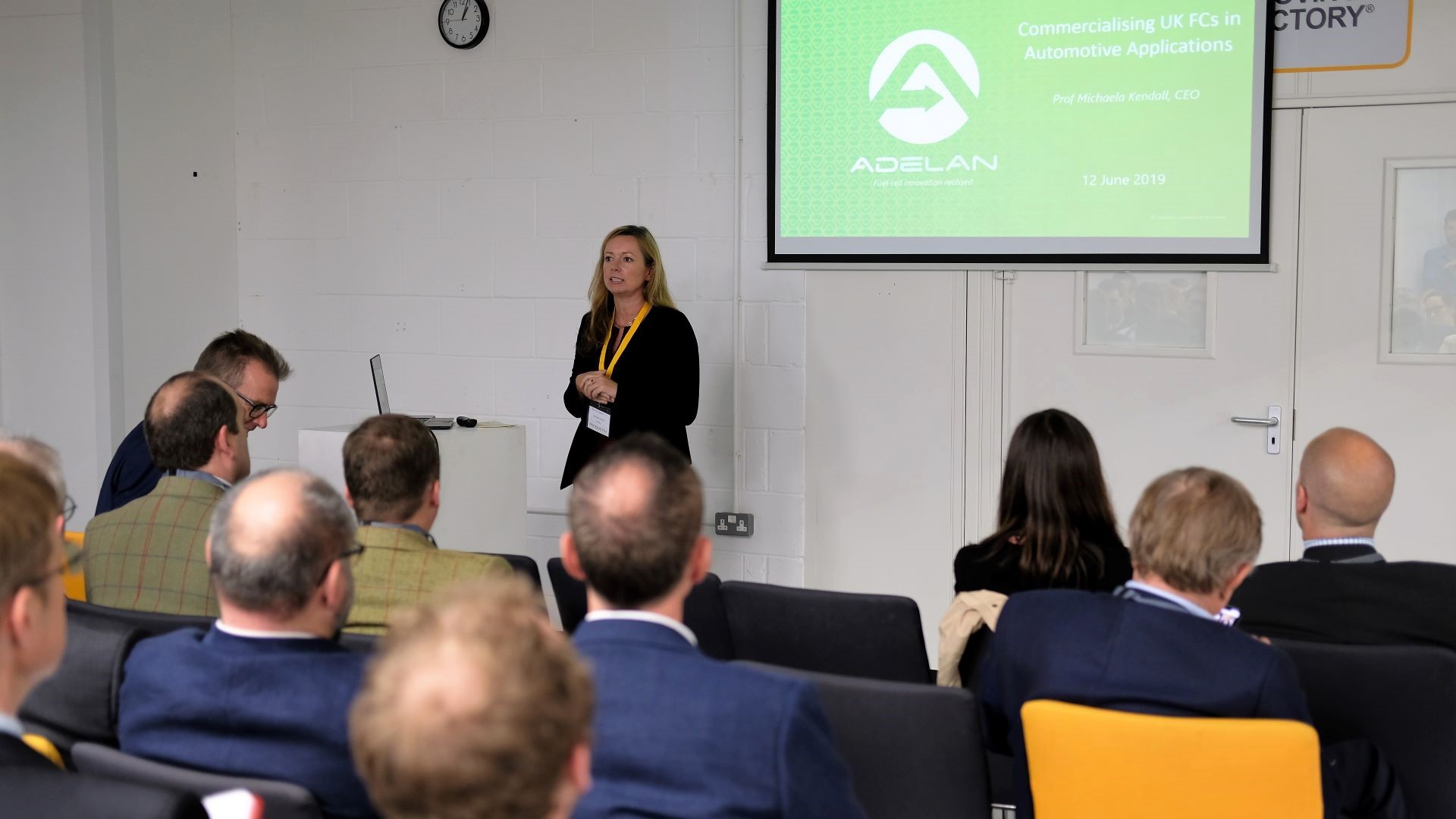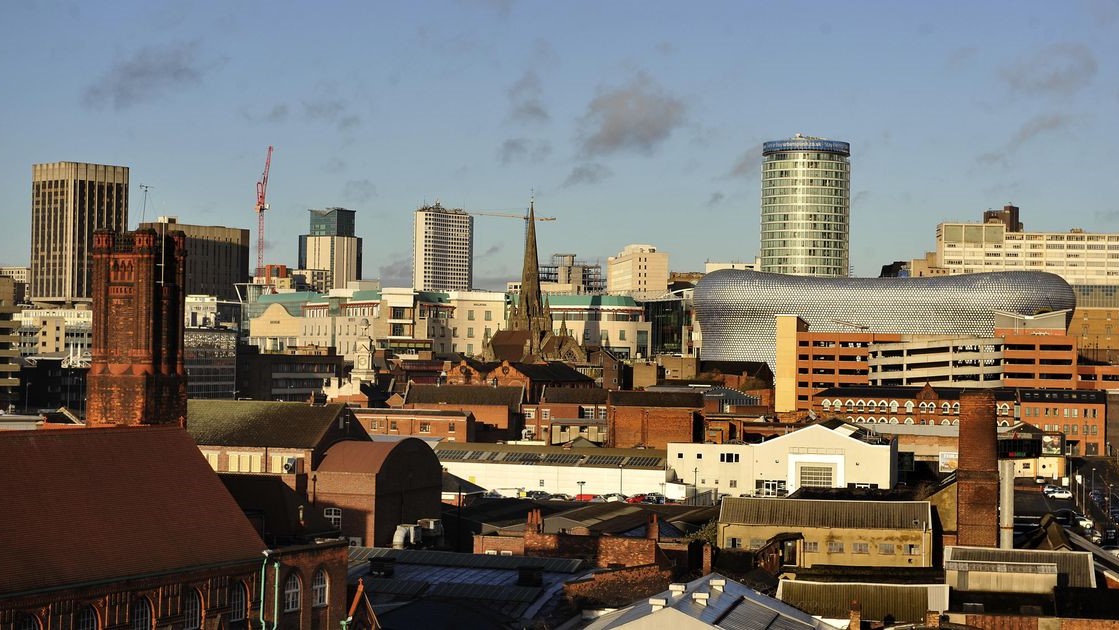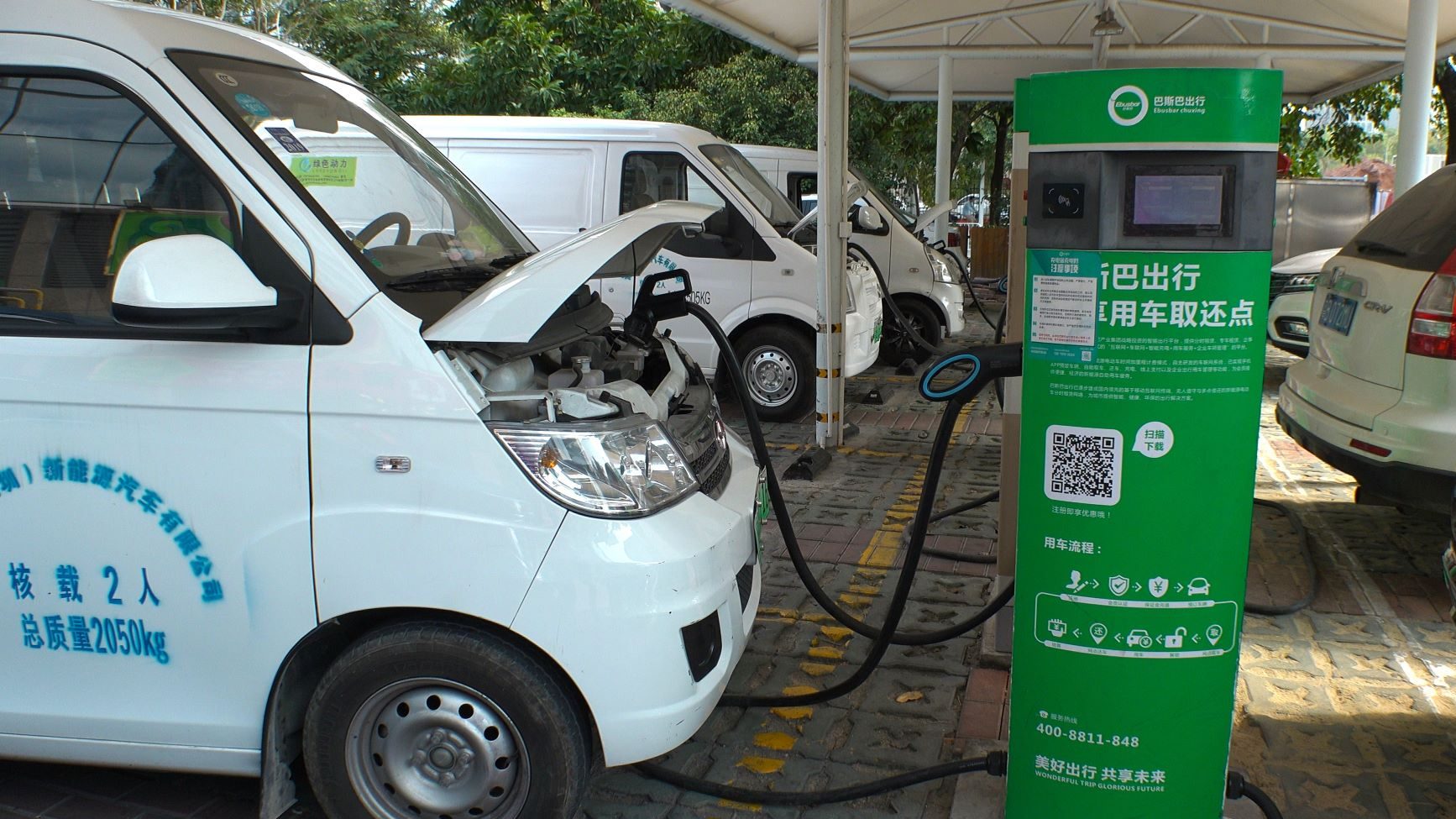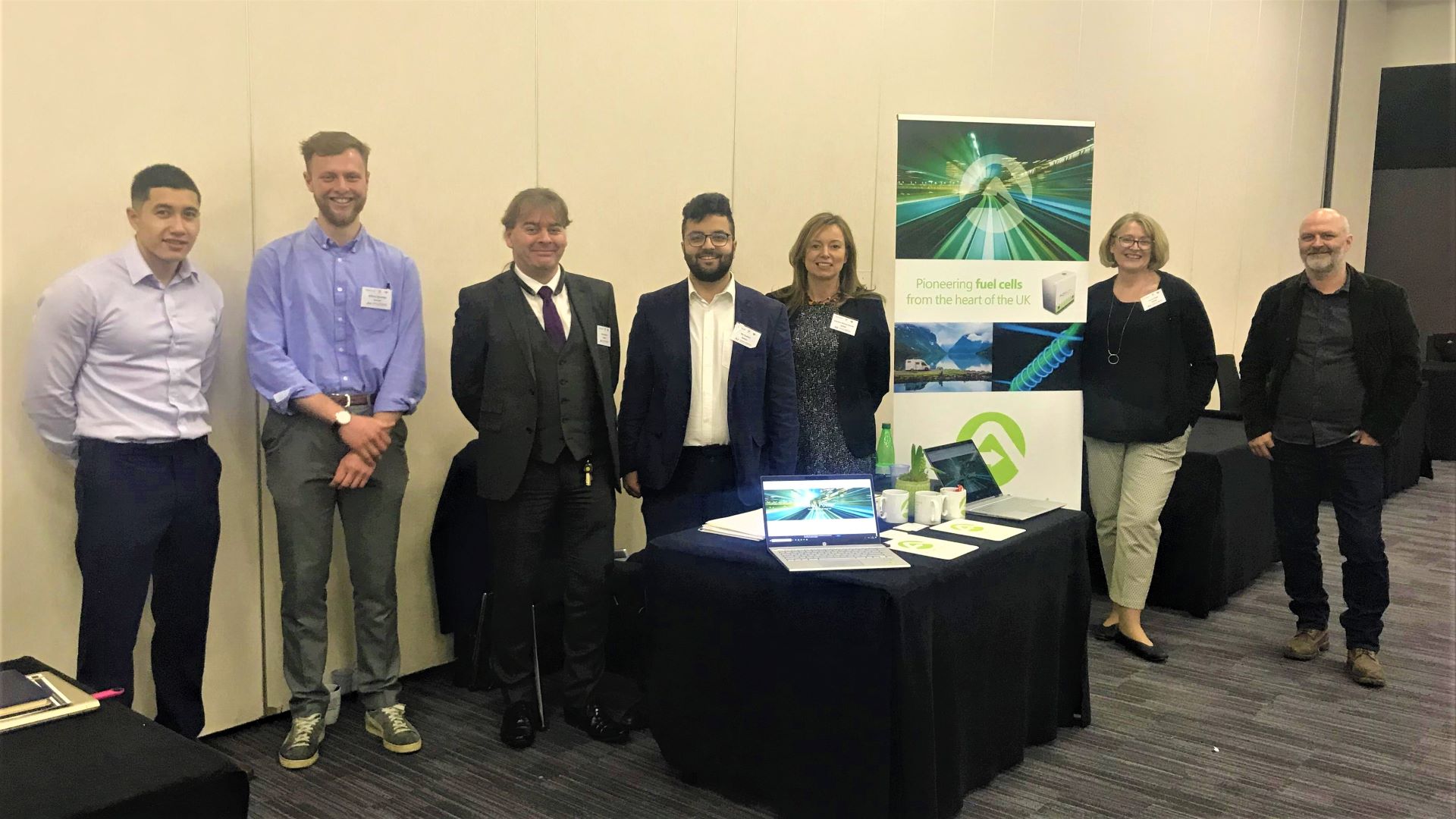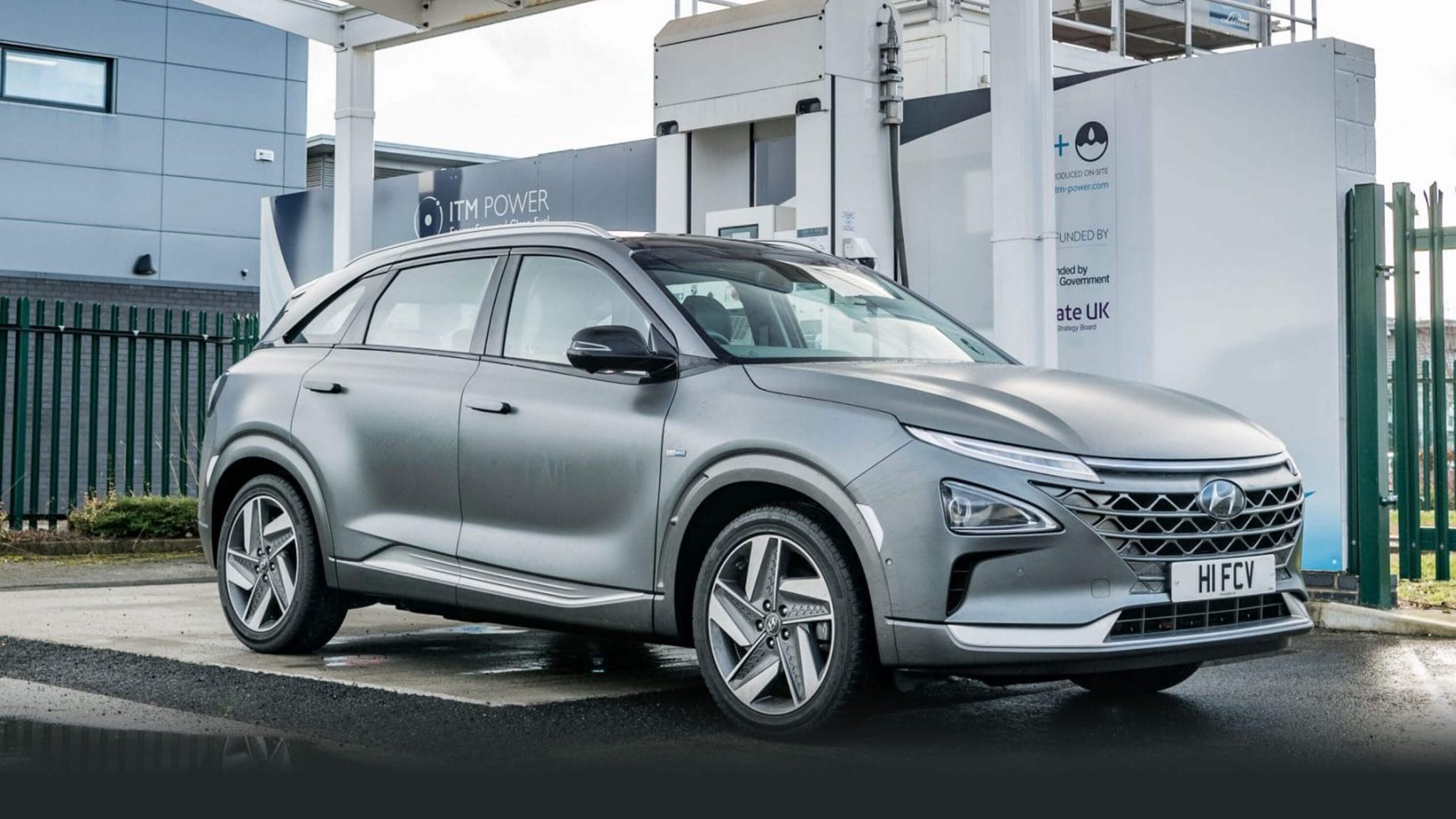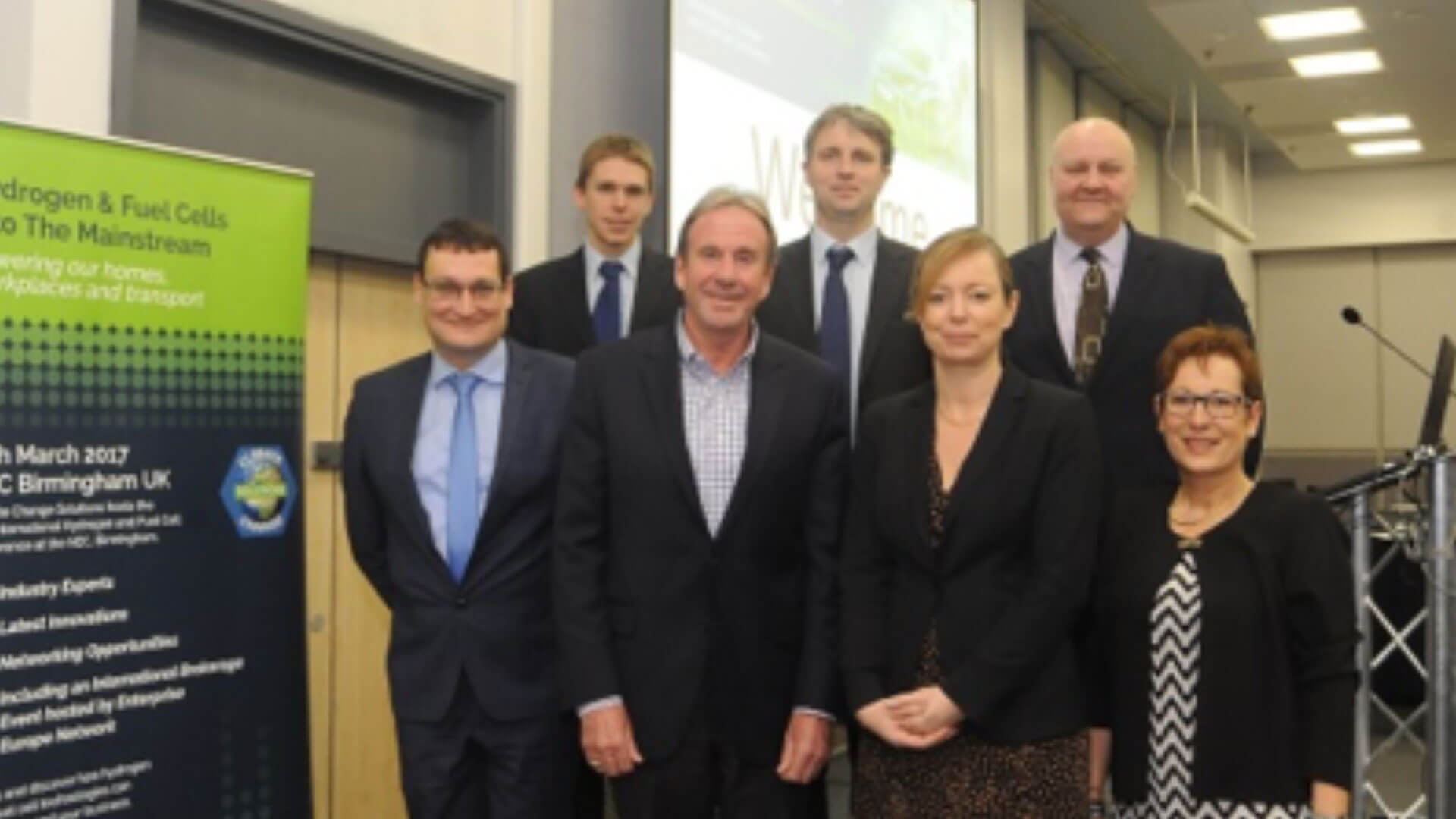Posted 21 February 2020
A pioneering energy trial has seen silent and emissions-free power keep engineers going on dark winter nights as they build the massive HS2 rail infrastructure project. While construction workers are busy laying tracks their on-site power needs can be met through advanced fuel cell technology developed in the middle of the UK, at Birmingham.
Enabling battery technology by reducing maintenance costs from charging and replacement, the key advantage of fuel cells is the ability to generate off-grid power cleanly from commonly available infrastructure fuels such as methane and propane (LPG), while also being able to run on hydrogen. When operating on hydrogen, the technology is zero emission and almost silent operation. This is an advantage for indoor work and meets the considerate construction agenda most construction firms now seek to follow.
Birmingham-based company Adelan have launched the innovative project after more than three decades of technical development of the unique and patented fuel cell technology. This historic project puts fuel cells to work on the HS2 programme – the biggest infrastructure project in Europe – for the first time. The purpose of the project was to identify where HS2 could deploy fuel cells to reduce costs and carbon emissions in the UK, where many City Councils have announced a “climate emergency”.
Mo Yazdani, the young fuel cell engineer behind building the system said “The Adelan system will help construction to address the noise and pollution produced by diesel generators.”
The Adelan fuel cells will be sited around HS2 construction sites, and compared with other fuel cell technologies being tested, solar panels and batteries, plus diesel generator sets. One of the key advantages is that there are virtually no maintenance requirements, beyond an annual service, and has lower lifecycle costs than a diesel generator.
Dr Michaela Kendall, Adelan CEO, commented: “The unique Adelan fuel cell unit is fuelled by LPG, and hydrogen ready, offering customers a fuel flexible way to achieve net zero carbon emissions, and practice considerate construction using silent generators. That makes them ideal candidates to supply the needs of the construction industry and sectors like rail infrastructure. We are delighted to be scaling up our technology production and exploring these new markets for British technology with HS2.”
The company has been working on fuel cell powered products, with global corporations and OEMs, since 1996 and is the oldest fuel cell company in Britain. Not only was the core technology developed and built in The Midlands, the HS2 project is building on the technical skills and supply chains based in the region. Yazdani says, “It is exciting to be part of the scale up of fuel cell technology, especially working with local companies to solve local problems”.
To discover more about how Adelan can support your future energy ambitions or to meet your requirements for clean, quiet and reliable energy for remote, mobile or any other applications, please contact Dr Kendall and the rest of the Adelan team at:
Adelan Ltd, 15 Weekin Works, 112-116 Park Hill Road, Birmingham, B17 9HD (UK)
Tel: +44 (0)121 427 8033
Alternatively, visit us at: www.Adelan.co.uk
About Adelan
First founded in The Midlands, Birmingham-based Adelan pioneered microtubular solid oxide fuel cell (mSOFC) technology more than 30 years’ ago. Adelan’s patented and scalable technology gives the fuel cell unprecedented flexibility, allowing the system to run cleanly on a range of commonly available fuels such as LPG, natural gas or propane/butane mix. As a result, though Adelan fuel cells can also run on hydrogen, they offer considerable additional operational flexibility and ease of use benefits whilst retaining a small, compact and lightweight footprint. Adelan staff founded and built up the University of Birmingham Fuel Cells Centre, and now aim to commercialise UK fuel cell technology through the Fuel Cell Incubator, with a first event in October 2019.



